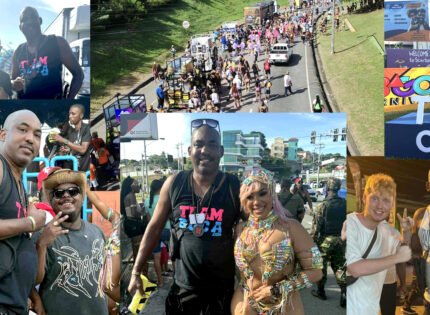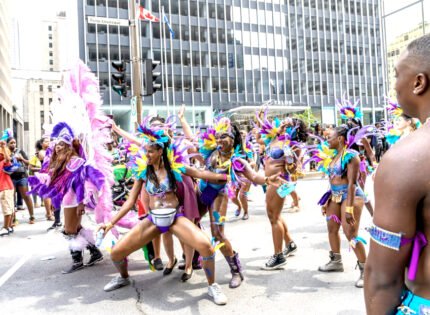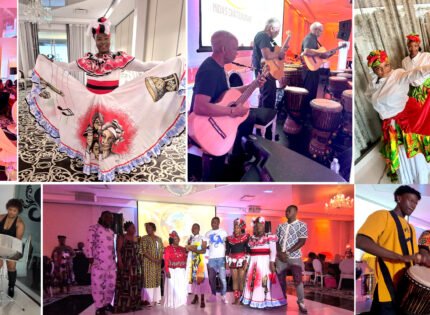In Trinidad and Tobago, voters are hoping the September 7th elections will bring economic clarity
August 31, 2 015 represented 53 years since Trinidad and Tobago gained its independence from Britain. This not only meant a break from our colonial masters, but also the building of a new society based on the values of discipline, production and tolerance.
015 represented 53 years since Trinidad and Tobago gained its independence from Britain. This not only meant a break from our colonial masters, but also the building of a new society based on the values of discipline, production and tolerance.
In his Independence Day message in 1962, the then Prime Minister Dr. Eric Williams emphasized that the first responsibility of the newly independent nation was the protection and promotion of democracy, which signified something more than the right to vote and one vote for every man and woman of the prescribed age.
For Dr. Williams, democracy meant equality of opportunity for all in education, in the public service, and in private employment.
It also meant the protection of the weak against the strong, the obligation of the minority to recognise the right of the majority, the responsibility of government to its citizens, and the protection of the citizens from the exercise of arbitrary power and the violation of human freedoms and individual rights.
Additionally, democracy was about freedom of worship, freedom of expression and assembly, and the subordination of the right of any race to the overriding right of the human race.
Fifty-three years later we have only partly achieved the goals that Dr. Williams had envisaged. For the most part we have remained a true democracy with citizens having the right to vote for the government of their choice in an orderly manner.
The country has also held dear to the idea of equality of opportunity in education, freedom of worship, and freedom of expression and assembly, outside of the various states of emergencies and when agitators and trade unionists have been jailed during troubled times.
On the other hand, racial politics continues to raise its ugly head and the government has not always demonstrated adequate responsibility towards its citizens in ensuring a more equal distribution of the country’s resources.
Compared with many of the other islands in the Caribbean and Latin America, Trinidad and Tobago has enjoyed the tremendous economic benefits of an oil-based economy for the last 100 years or so, in addition to more recent discoveries of natural gas.
Nonetheless, there are citizens who currently work in retail stores, KFC, in the government’s make-work temporary CEPEP programme or other low-end jobs, who cannot pay a rent, and buy food and clothes for their children – not at $15 or $20 per hour when a one-bedroom apartment is renting for $2,000 per month and fish is selling at $40 per pound.
This situation exists in a country where some folks are making in the range of $35,000 to $50,000 per month, dining in fine restaurants and driving around in Land Rover Discovery vehicles valued at TT$750,000 or more.
At this juncture there is also a general election around the corner where citizens are being asked to choose between the incumbent government (the People’s Partnership), whose claim to fame is sound fiscal management and many infrastructural projects, and the People’s National Movement (P.N.M.) who is claiming that the current government is the most corrupt ever.
Needless to say, the election campaign has been long and brutal with scandalous accusations flying back and forth. The current government under Kamla Persad-Bissessar has been accused of theft, corruption, nepotism and being in denial that, with the price of oil at around US$39 per barrel, the economy is in trouble and adjustments will have to be made.
Obviously, the People’s National Movement led by Dr. Keith Rowley, believe that they can do better.
Opponents of the P.N.M., however, have accused the party of only looking after their pockets and being arrogant and indifferent towards the needs of the people during the decades that they had been in power.
Of course, it is an election campaign in progress and the truth lies somewhere in between. The pollsters have predicted that it is going to be a close race.
But it is yet to be seen which party the citizens would choose to take them forward on September 7th and to fulfill the missing elements of the independence vision.















